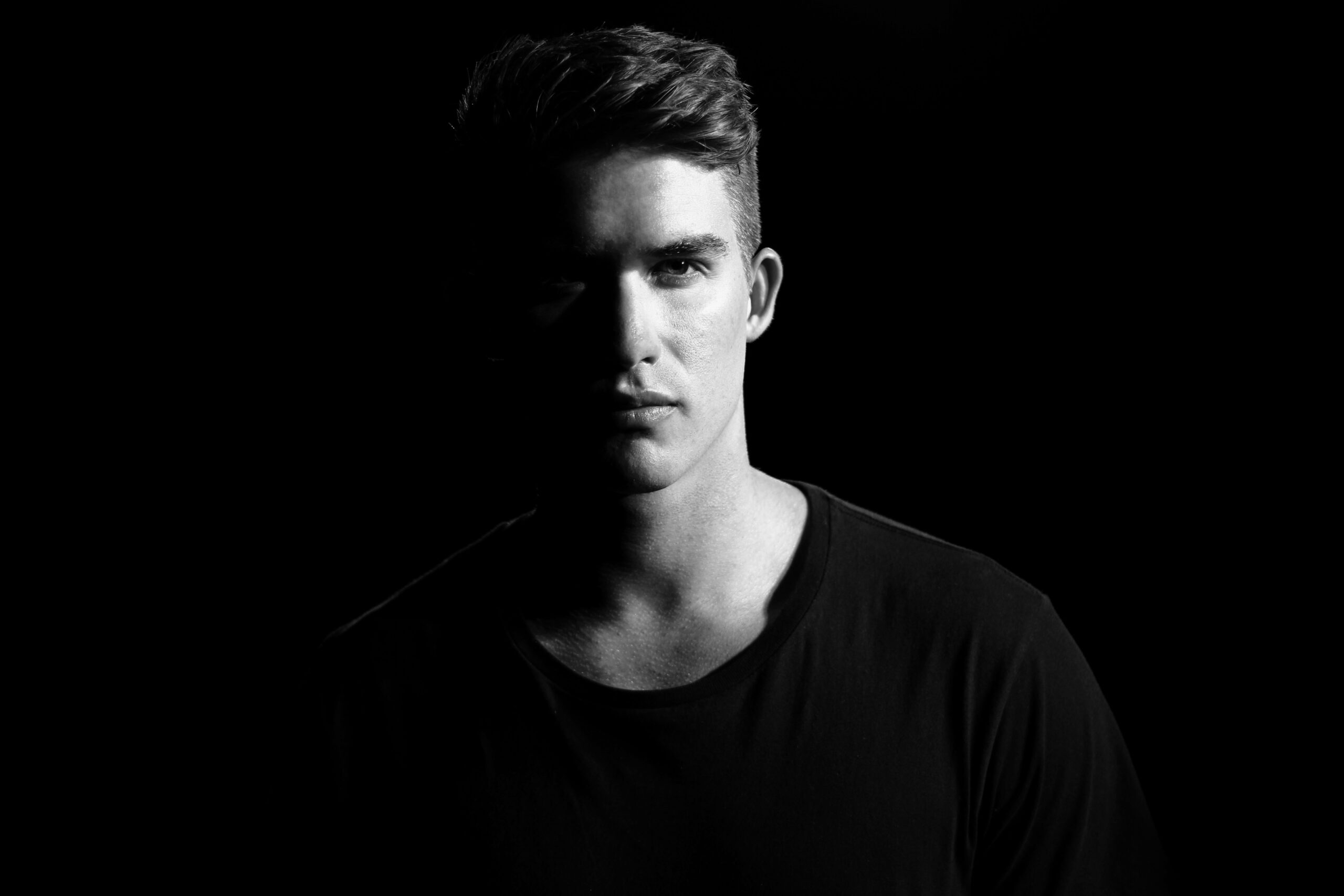OpenAI CEO Altman Confirms Discussion with Microsoft CEO
OpenAI CEO Sam Altman has revealed that he spoke with Microsoft CEO Satya Nadella on Monday about their companies’ future working partnership, marking a significant development in ongoing high-stakes negotiations between the two AI industry giants123. The conversation, disclosed during a New York Times podcast on Tuesday, comes as the companies grapple with complex restructuring discussions that could reshape their multibillion-dollar alliance45.
Strategic Partnership Under Pressure
The conversation between Altman and Nadella takes place against a backdrop of mounting tensions in what has been one of the most consequential partnerships in the artificial intelligence sector. Since 2019, Microsoft has invested over $13 billion in OpenAI, making it the AI startup’s largest backer and securing exclusive rights to host OpenAI’s models on its Azure cloud platform67.
“Obviously in any deep partnership, there are points of tension and we certainly have those,” Altman acknowledged during the podcast. “But on the whole, it’s been like really wonderfully good for both companies”453.
Despite these diplomatic words, recent reports have revealed significant friction between the companies as they navigate complex negotiations over the future structure of their partnership68.
Microsoft Prepared to Walk Away from Negotiations
The stakes in these discussions became even more apparent when the Financial Times reported that Microsoft is prepared to abandon high-stakes negotiations with OpenAI if the two sides cannot reach agreement on critical issues97. The tech giant is reportedly considering pausing discussions if they remain unable to agree on fundamental terms, including the size of Microsoft’s future equity stake in OpenAI910.
Microsoft plans to rely on its existing commercial contract to maintain access to OpenAI’s technology until 2030 if negotiations fail, according to sources familiar with the discussions711. This existing agreement, established in 2019, gives Microsoft exclusive rights to sell OpenAI’s models and a 20% share of revenue up to $92 billion11.
Revenue Sharing and Equity Restructuring at the Center of Disputes
A major point of contention involves Microsoft’s revenue share from OpenAI, which currently stands at 20% but is expected to decrease to at least 10% by the end of the decade1213. This proposed reduction forms part of OpenAI’s broader restructuring strategy as the company transitions its for-profit arm into a public benefit corporation1214.
The companies are also engaged in complex discussions about Microsoft’s equity stake in OpenAI’s restructured entity. Negotiations have reportedly ranged from 20% to 49% ownership in exchange for Microsoft’s substantial investment911. According to reports, OpenAI wants Microsoft to hold a 33% stake in the restructured unit in exchange for foregoing rights to future profits and modifying existing exclusivity clauses1516.
Nuclear Option and Antitrust Concerns
The tensions have escalated to the point where OpenAI executives have reportedly discussed what insiders describe as a “nuclear option” – filing an antitrust complaint against Microsoft with US regulators1517. This potential complaint would likely argue that Microsoft is using its dominant position in cloud services and contractual leverage to suppress competition15.
The friction extends to specific business decisions, including OpenAI’s $3 billion acquisition of the AI coding startup Windsurf. OpenAI reportedly wants to prevent Microsoft from accessing Windsurf’s intellectual property, which could enhance Microsoft’s competing GitHub Copilot product171819.

Stargate Project and Partnership Evolution
Despite the tensions, both companies remain committed to major AI infrastructure initiatives. In January, President Trump announced the Stargate project, a private sector investment of up to $500 billion for AI infrastructure, with funding from SoftBank, OpenAI, and Oracle4520. Microsoft has been named as a key technology partner in this ambitious undertaking20.
The Stargate initiative has also led to modifications in the Microsoft-OpenAI agreement. Microsoft has moved from being OpenAI’s exclusive cloud provider to a model where it has a “right of first refusal” on new capacity, allowing OpenAI to build additional infrastructure primarily for research and training2122.
Current Partnership Terms Through 2030
Despite ongoing negotiations, the core elements of the Microsoft-OpenAI partnership remain in place through 2030. These include Microsoft’s rights to OpenAI’s intellectual property for use in products like Copilot, exclusive access to OpenAI’s APIs through Azure, and mutual revenue-sharing arrangements2122.
Microsoft continues to offer OpenAI’s models through its Azure OpenAI Service, supporting software development, workplace tools, and customer-facing platforms12. OpenAI has also made a new, large Azure commitment to continue supporting all its products and training requirements21.
Regulatory and Corporate Structure Challenges
OpenAI’s efforts to transition from its current nonprofit structure to a public benefit corporation require Microsoft’s approval, creating additional leverage in the negotiations1523. The company faces a year-end deadline to complete this corporate conversion or risk losing billions in investor funding9.
Recent reports indicate that OpenAI abandoned controversial plans to strip ultimate control from its nonprofit board, instead maintaining that the nonprofit entity will retain oversight even as operations transition to a public benefit corporation23. This hybrid model aims to balance commercial growth with OpenAI’s founding mission of developing artificial general intelligence that benefits humanity23.
Industry Impact and Future Implications
The outcome of these negotiations will have far-reaching implications for the AI industry beyond just Microsoft and OpenAI. The partnership has been instrumental in accelerating AI adoption across enterprise markets and establishing key technical standards for AI deployment24.
Both companies have emphasized their commitment to continued collaboration despite the current challenges. In a joint statement, they said: “We have a long-term, productive partnership that has delivered amazing AI tools for everyone. Talks are ongoing and we are optimistic we will continue to build together for years to come”1119.
Broader AI Leadership Discussions
Beyond the Microsoft partnership, Altman also revealed that he has had productive discussions with President Trump about artificial intelligence, crediting the president with understanding the geopolitical and economic importance of the technology452. These conversations highlight the broader strategic importance of AI leadership in the current geopolitical landscape.
The discussions between Altman and various leaders, including Nadella and Trump, underscore the critical nature of AI partnerships and their role in maintaining technological competitiveness on a global scale12.
As negotiations continue, the technology industry watches closely to see whether Microsoft and OpenAI can resolve their differences and maintain one of the most important strategic alliances in artificial intelligence, or whether this partnership will undergo fundamental restructuring that could reshape the competitive landscape of AI development and deployment.
Read more technology news HERE





Добро пожаловать всем! На днях столкнулся на привлекательную тему по нахождению печенек в разнообразных браузерах и думал поделиться своими наблюдениями. Для успешного поиска необходимо знать, что печеньки располагаются в определенных файлах или базах данных, и их допустимо рассмотреть через настройки браузера или с поддержкой дополнительных утилит. Если думаете попробовать, вот ценный ресурс с развернутой инструкцией [url=https://ya22.net]Поиск печенек[/url] .
Кстати, если действовать с печеньками собственноручно, рекомендуется быть аккуратнее, чтобы не повредить значимые данные и не разладить работу сайтов. Еще стоит помнить, что различные браузеры самостоятельно убирают застарелые печеньки, поэтому нужно работать быстро, если следует сохранить ценные файлы. Думаю, эта информация окажет помощь лучше навигировать в теме поиска печенек!